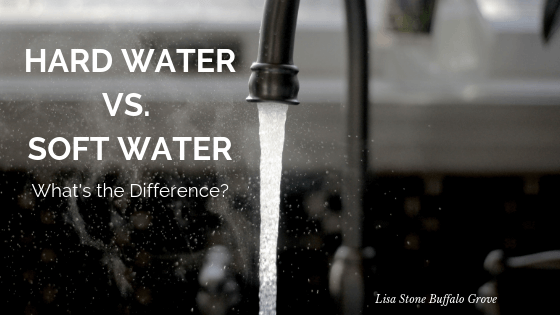Is your water hard or soft? Everyone’s drinking water can be categorized into either hard or soft depending on the mineral content present. Many people believe hard or soft water can be harmful to one’s health, but the truth is that it very rarely harms your wellbeing. That being said, there are several benefits and problems associated with both types of water, and in the process of softening water can be detrimental to the environment.
Hard Water
Most tap water present throughout homes in the United States is sourced through private wells or public water supplies. Typically, this water is hard. Water becomes hard as rain falls into the ground and naturally picks up minerals, most commonly magnesium, lime, and calcium. Water is said to be hard when there is a concentration of at least one grain of minerals per gallon.
The Benefits
Some people claim that hard water taste better due to the minerals that are present. Many believe that because of these minerals, hard water can also be better for your health. One article even reports that heart attack rates of farmers in Wisconsin were lower for farmers who drank hard water over soft. Even with these factors and the tendency of hard water to be safer for consumption, there are still some downfalls to having hard water in your home.
The Negatives
Hard water can be problematic in many household chores. While beneficial for your health, the minerals present in hard water can cause build up throughout the pipes in your home, reducing water pressure. Build up can also be present in bathtubs where soap scum and films can be left behind. Hard water can also be blamed for a low lather with soaps and can behind spots and stains on dishes, and can leave a dull appearance to clothing.
Soft Water
Soft water has less minerals present than hard water, but it does tend to contain a higher concentration of sodium, sometimes leading to a salty taste. Rainwater naturally is soft, and can remain soft if filtered through harder rocks. Many people choose to purchase water softeners to turn their water soft. However, that salty water produces can cause many threats to our environment. Despite the possibilities of negative impact and taste, soft water has its benefits. Soft water lathers a lot easier with soaps and detergents, making it the preferred choice for household chores. Because we do not have to run appliances as frequently as you would to rid of hard water stains, soft water does reduce the amount of energy used, saving money on electric and water bills.
How can you reap the benefits of both hard and soft water while remaining as environmentally conscious as you can be? Try reserving hard water for drinking and cooking. A separate tank can be set up to run throughout the rest of your house for you daily chores.
